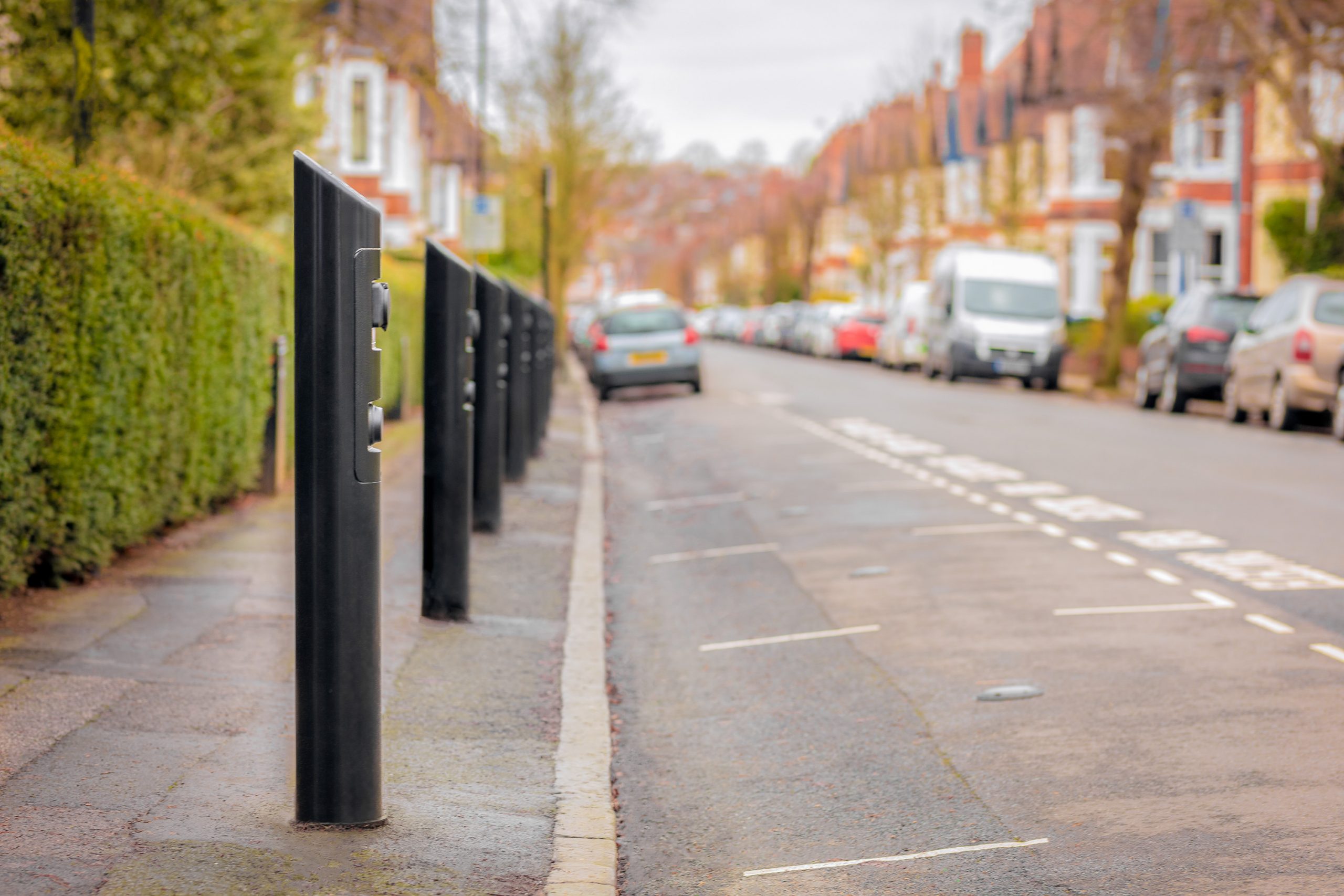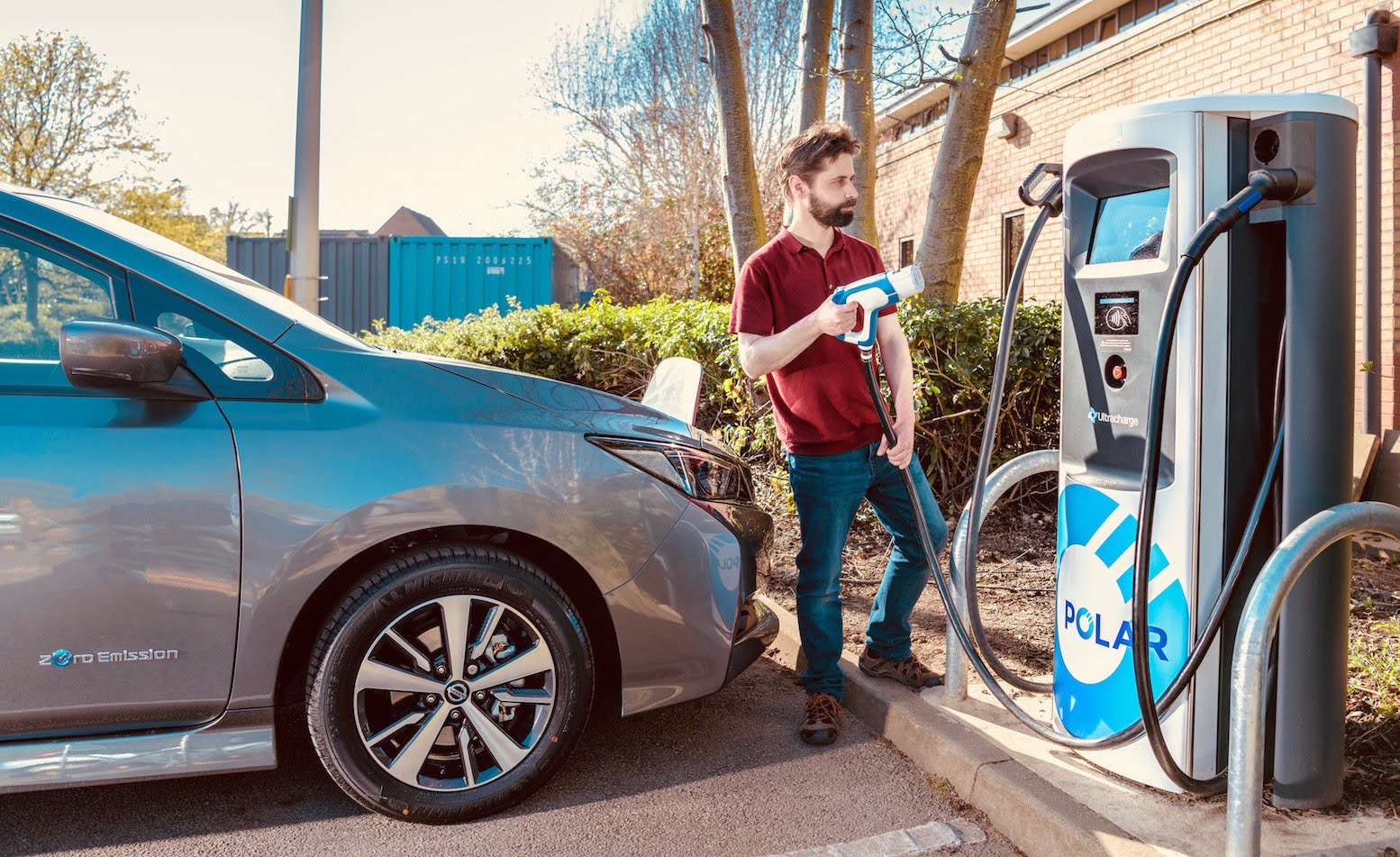Under the Climate Change Act, it is a legal requirement in the UK to reach net zero emissions by 2050. Net zero will happen when the amount of carbon we add to the atmosphere is no more than the amount removed. To get there, emissions from homes, transport, agriculture and industry will need to be cut.
Your business can reach net zero by setting long-term carbon reduction goals, which will need to include your fleet, if you have one. In November 2021, the UK Government brought forward a ban on the sale of petrol and diesel cars from 2040 to 2030, with the sale of hybrid vehicles to be phased out from 2035. In September 2023, the UK Government pushed back the ban on the sale of petrol and diesel cars from 2035.
In an effort to aid this transition, almost half of UK businesses are planning to install EV chargepoints this year, according to a poll by Centrica Business Solutions. The research found that companies are planning to invest around £15.8 billion in EVs and on-site chargepoints before March 2022, allowing more capacity for electric vehicles.



